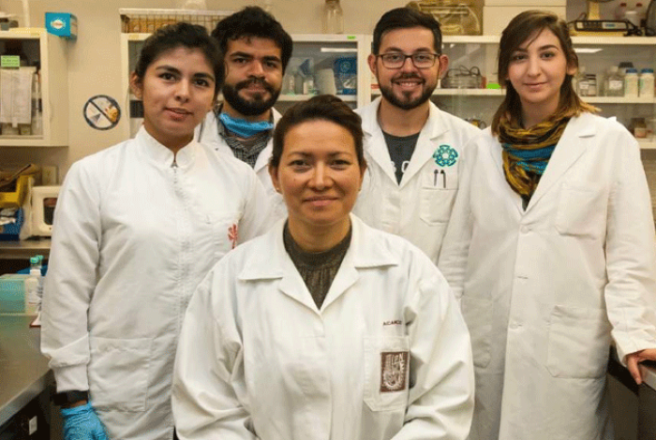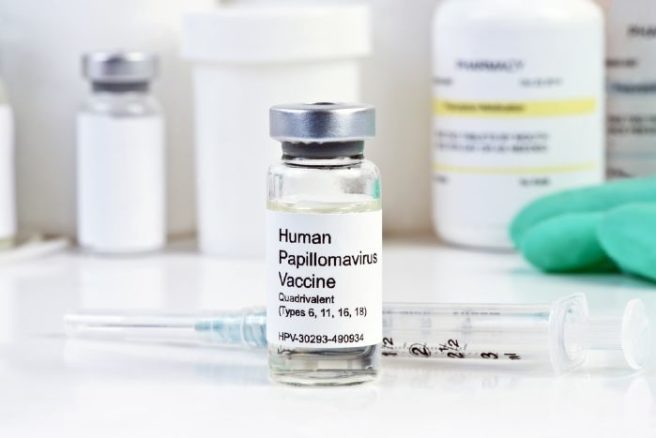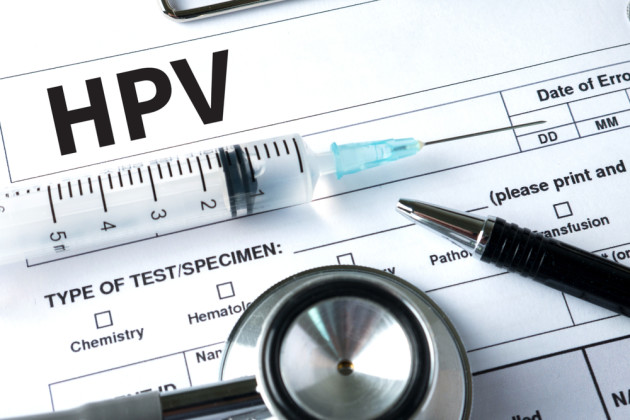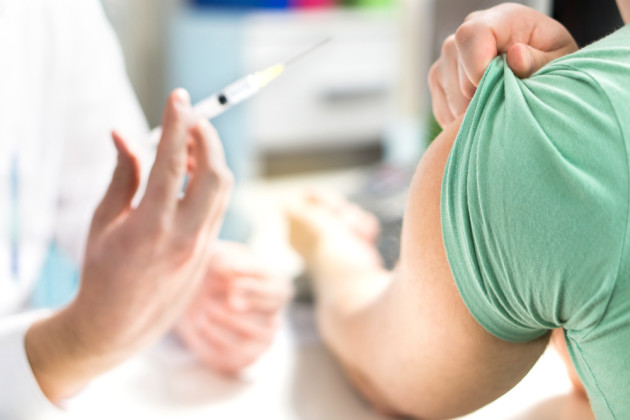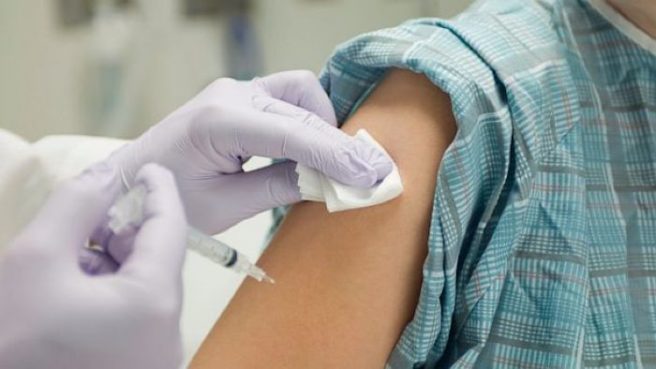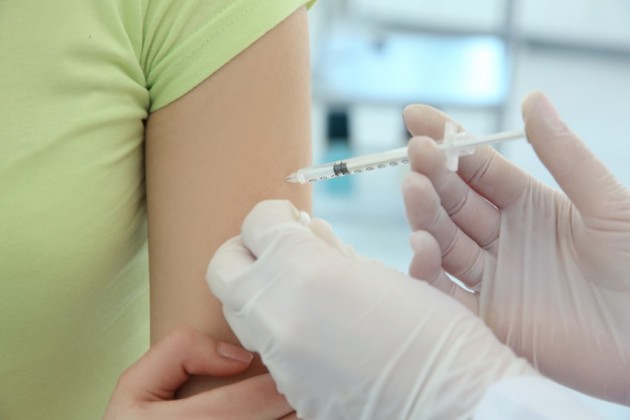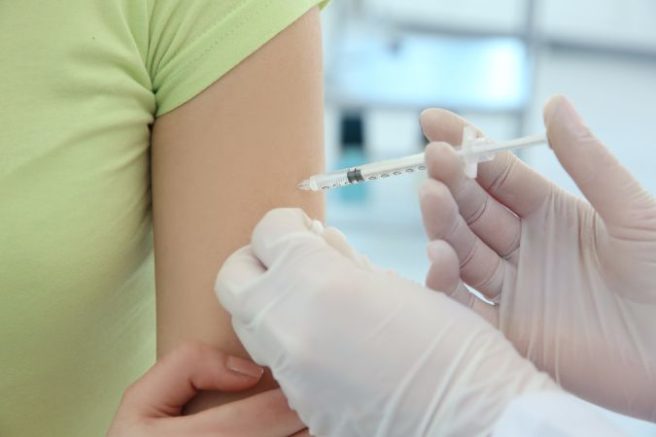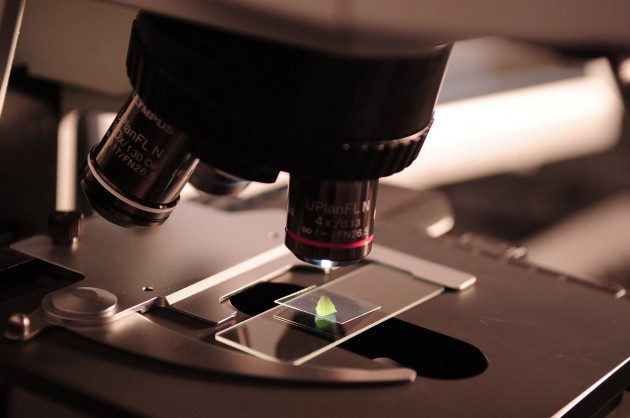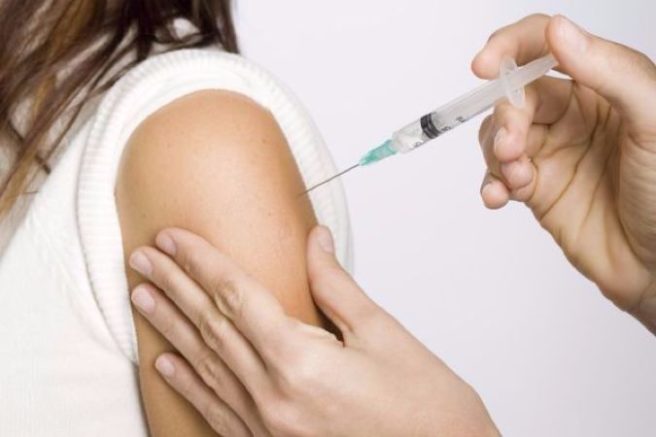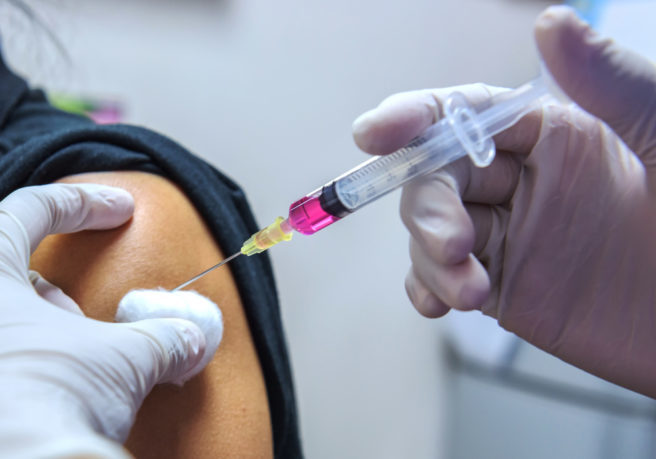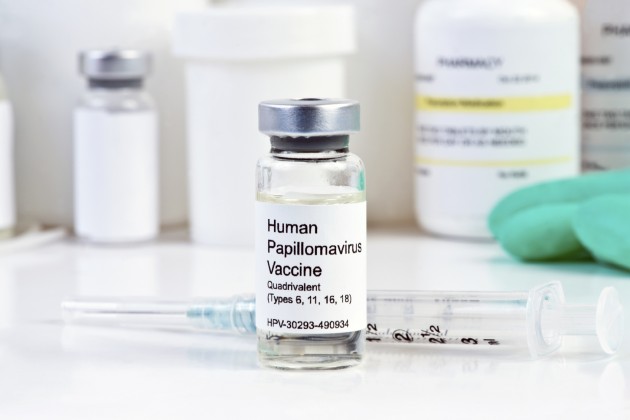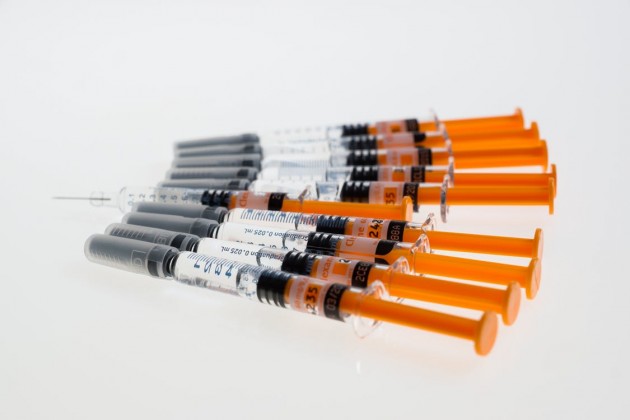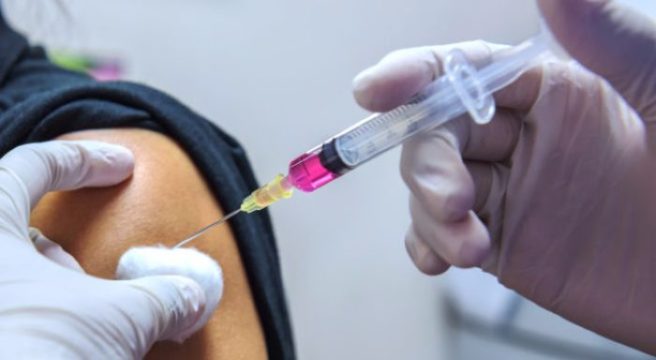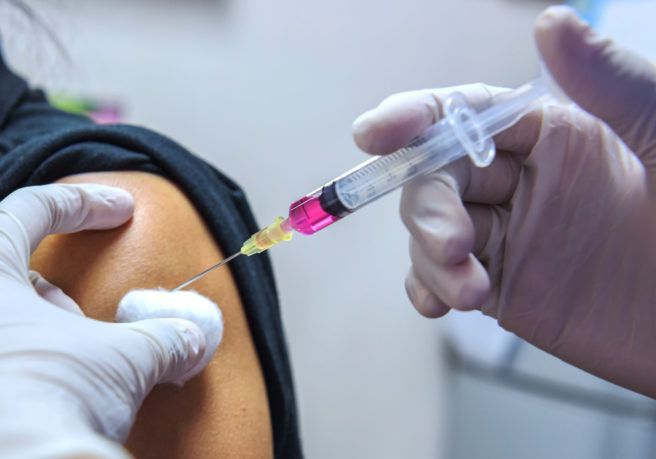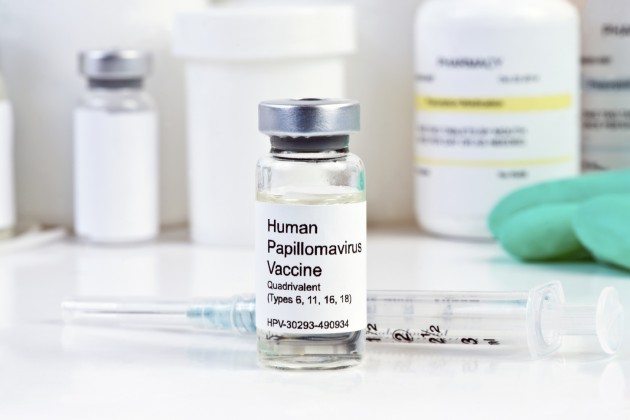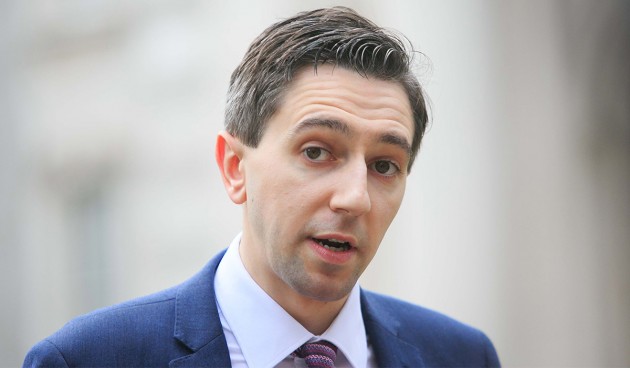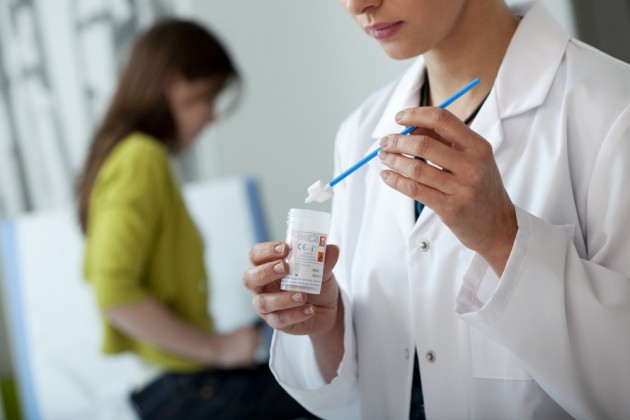
At Your Cervix: All you need to know about Human papillomavirus
We hear quite a lot about the cervical cancer vaccine, and the pros and cons surrounding it.
However, we tend not to hear a whole lot about what EXACTLY the injection protects women against – the Human Papillomavirus (HPV).
Here at SHEmazing, we want to make sure that all you fine females are well and truly 'in-the-know,' so we decided to research the virus.
So, what exactly is HPV?

According to The Irish Cancer Society, Human Papilloma Virus (HPV) represents a family of very 'common viruses that are passed on during sex'.
Apparently, most people will get HPV infection in their lifetime and it usually clears up by itself. If you smoke, it can prevent the infection from clearing up. Some forms of the virus can also cause genital warts.
It is absolutely NOTHING to be ashamed of, especially when you consider almost 75% of women will have HPV at some stage in tehir life.
The main concern is that certain strains of HPV can ultimately turn cancerous, which is why those regular smear tests are so damn important.
I KNOW, they're uncomfortable, but ya gotta do what ya gotta do, right?

Anyway, how exactly is HPV spread, I hear you ask? (use your imagination here.)
Basically, HPV can be transmitted during sexual intercourse or intimate skin to skin contact with an infected person, says the HSE.
'Transmission from mother to baby can also occur immediately before or after birth.'
Next question: what treatment is required?
In most cases, HPV goes away on its own and does not cause any health problems. But when HPV does not go away, it can cause health problems like genital warts and cancer (as previously mentioned)
In relation to avoiding HPV, it can be tricky – however, the HPV vaccine can protect you against certain strains of the virus.
If you're sexually active, use condoms and you will lower your chances of getting HPV. However, HPV can infect areas not covered by a condom – so condoms may not fully protect against getting HPV.
The most important thing is to go for regular smears, the doctor will keep an eye on the rest.
Easy peasy!







